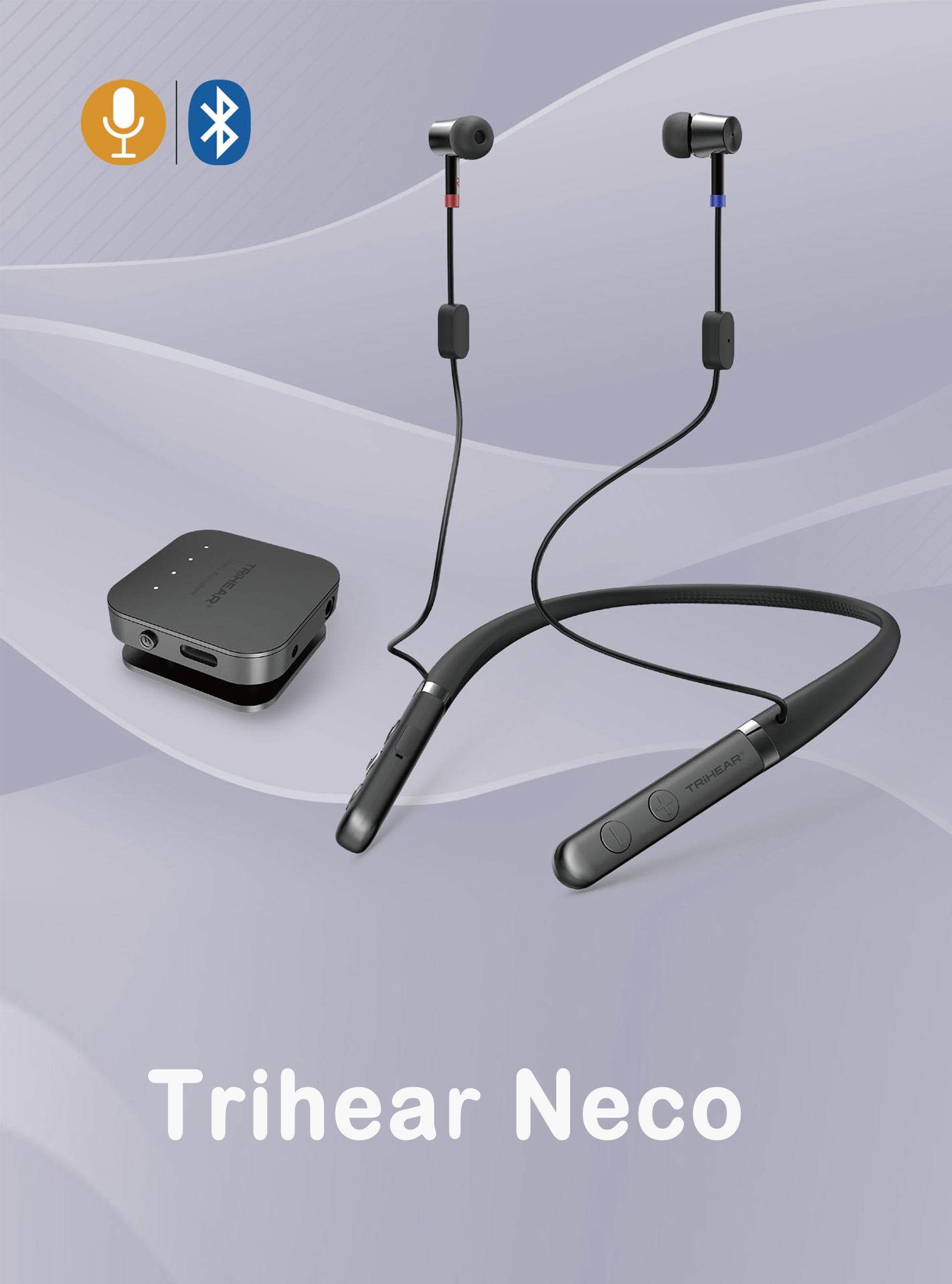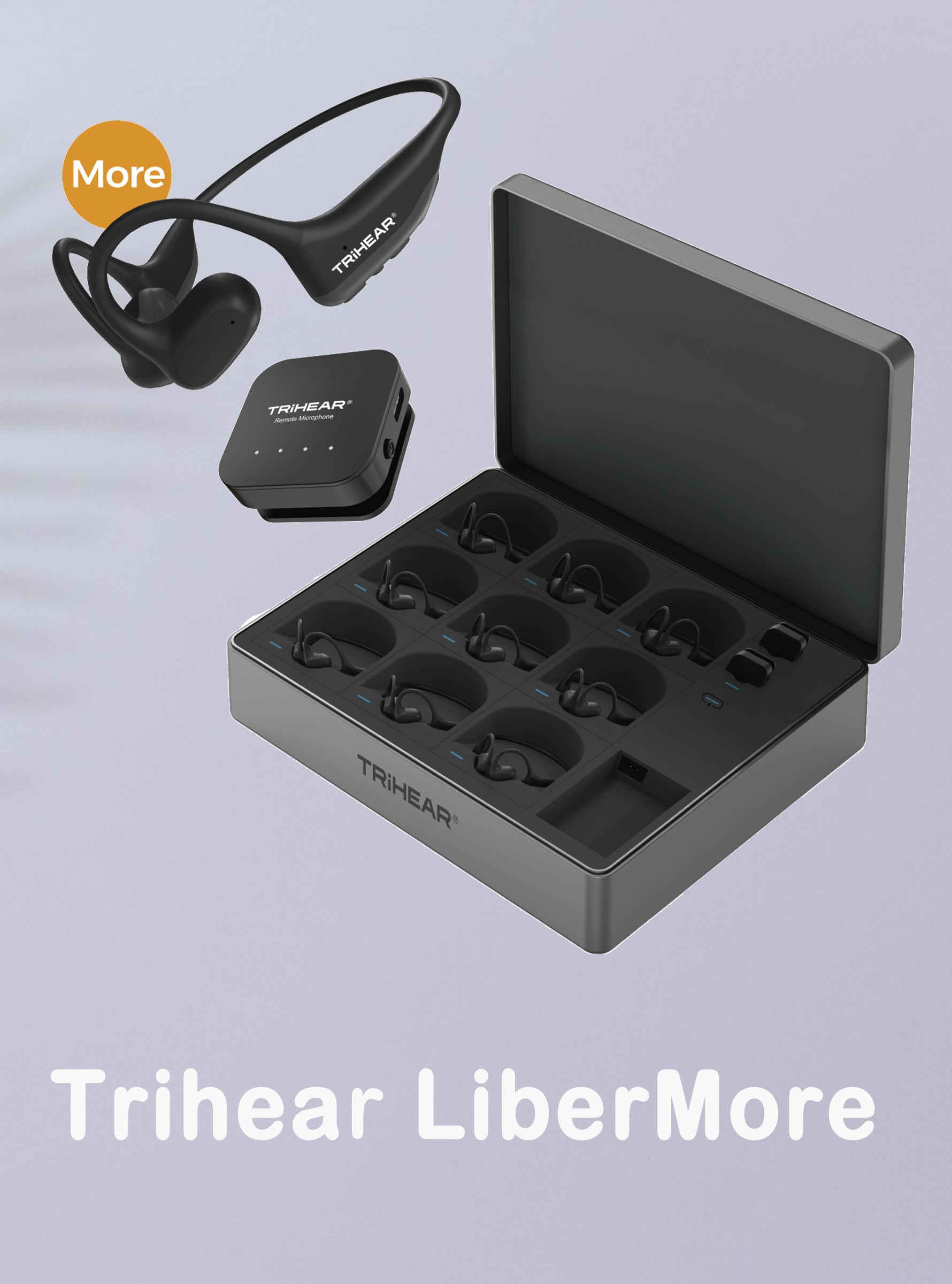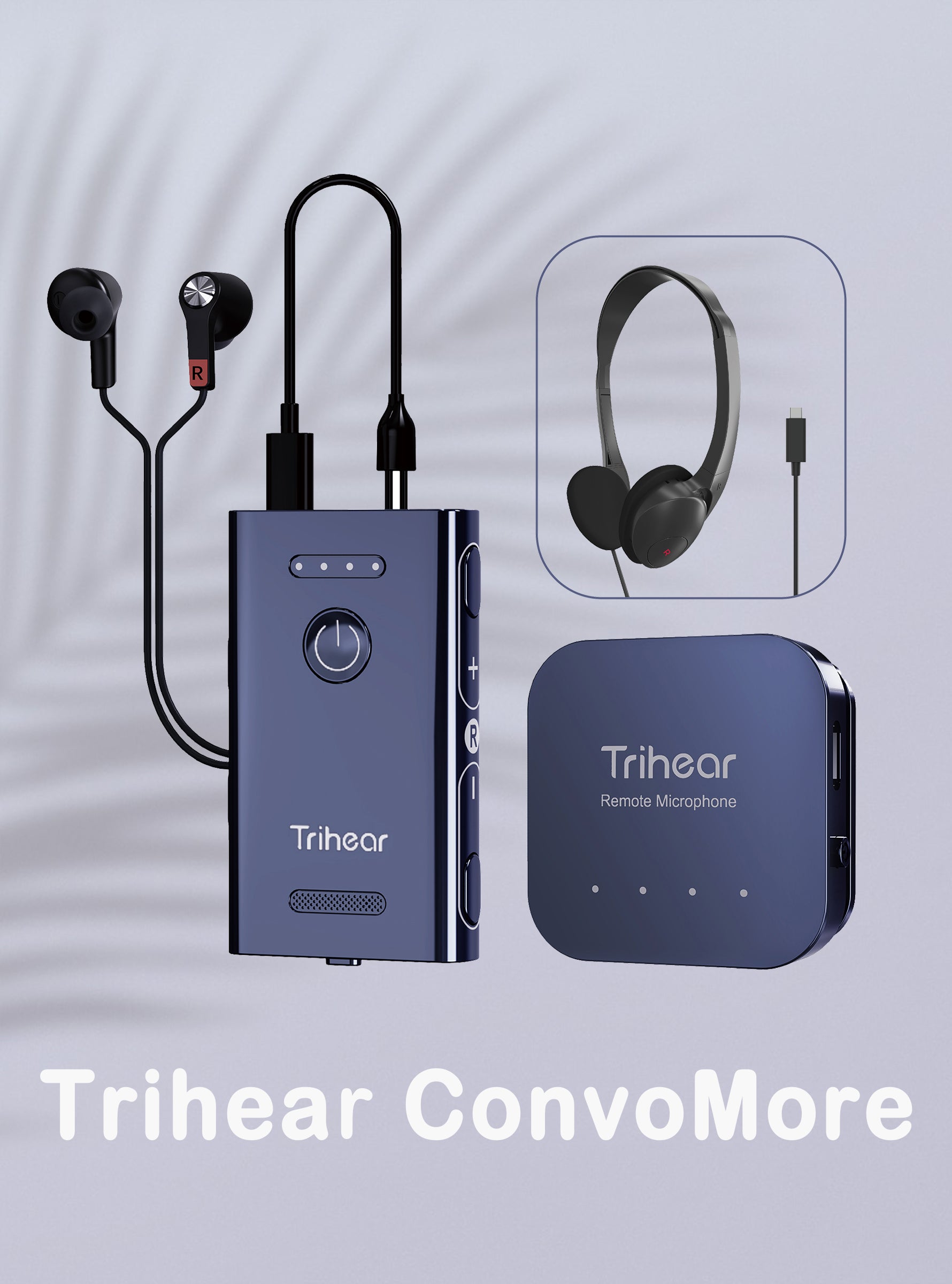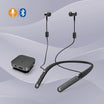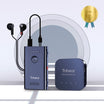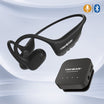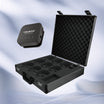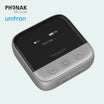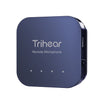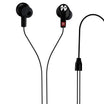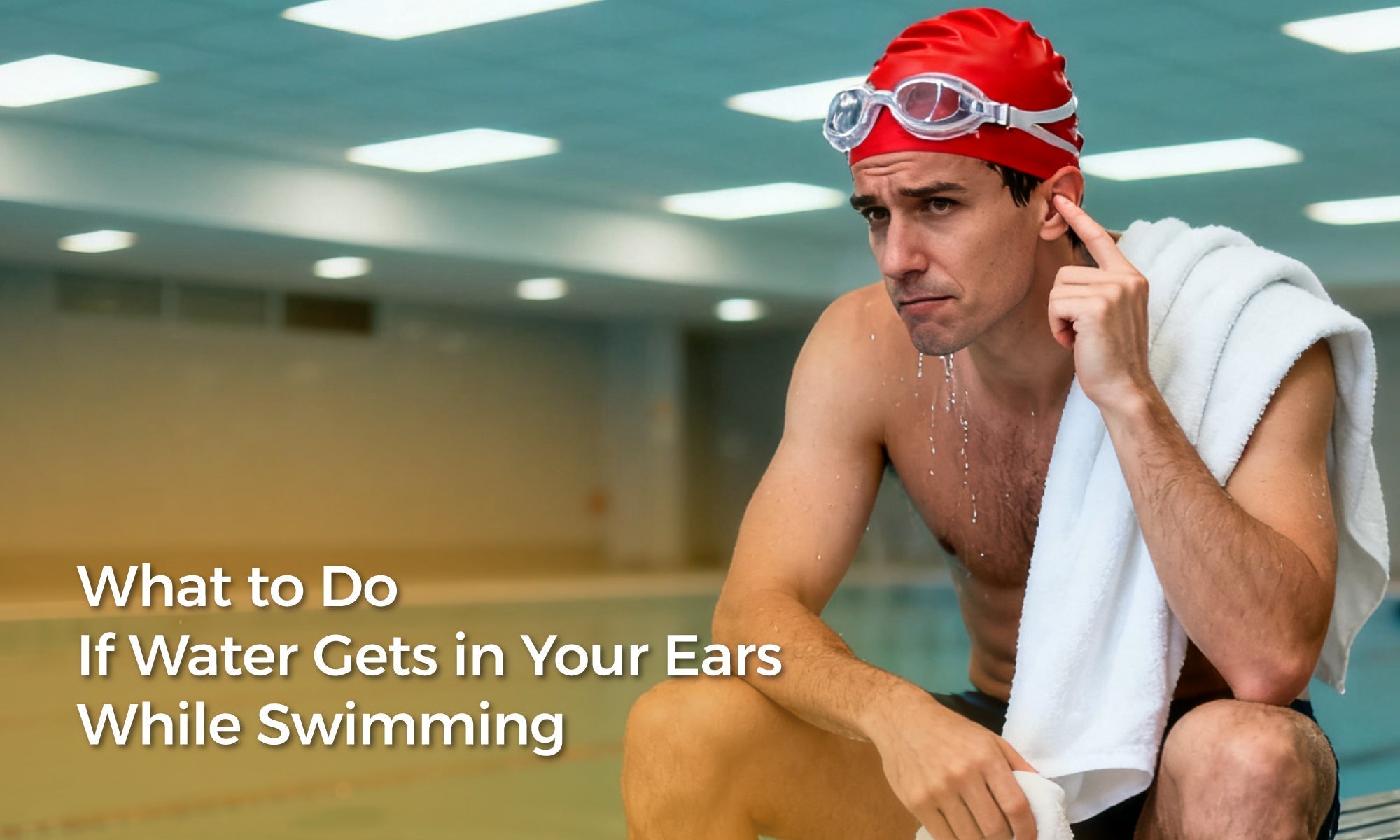For many people, swimming is a favourite way to relax, exercise, and enjoy summer. But one small annoyance can interrupt the fun: water getting stuck in your ears. Not only does it feel uncomfortable, it can sometimes cause temporary muffled hearing. Luckily, there are simple steps you can take to prevent water from entering your ears—and easy techniques to try if it does happen.
How to Prevent Water From Entering Your Ears
1. Wear Waterproof Earplugs
A pair of silicone swimming earplugs can make a big difference. They fit snugly and stop water from seeping into the ear canal. For regular swimmers, custom-moulded earplugs offer an even better seal.
2. Choose the Right Swim Cap
A silicone swim cap that covers part of your ears helps reduce water entry. Some swimmers even wear two caps for extra protection.
3. Adjust Your Swimming Position
Keeping your head slightly angled or avoiding strokes that push water directly toward your ears can lower the chances of water sneaking in.
4. Don’t Over-Clean Before Swimming
Natural earwax actually protects your ears by repelling water. Avoid using cotton swabs right before swimming, as removing too much wax can make ears more vulnerable.
5. Swim in Clean Water
Where you swim matters. Pools that are well-maintained or natural waters that are known to be clean reduce the chances of irritation.
What to Do If Water Gets Stuck in Your Ears
If water slips in despite your best efforts, try these simple methods:
1. Tilt and Hop
Turn your head to the side with the affected ear facing downward. Gently hop on the foot on that side—gravity often does the trick.
2. Palm-and-Pressure
Place the palm of your hand firmly over your ear, then quickly remove it. The suction effect can help pull water out.
3. Use a Soft Cloth or Tissue
Gently dry the outer ear with a towel. If needed, twist a corner of tissue into a small point and lightly touch the entrance of the ear canal to absorb moisture. Avoid inserting anything deep inside.
4. Let Time Do Its Work
Sometimes the best solution is patience. Water usually drains or evaporates on its own after a little while.
5. Blow Dryer (Cool Air)
Hold a blow dryer on a low, cool setting about a foot away from your ear. The airflow helps moisture evaporate safely.
Key Reminders
· Avoid pushing cotton swabs or sharp objects inside your ear. They don’t help and can make things worse.
· Keep ears dry after swimming by gently wiping them with a towel.
· If discomfort or blocked hearing lasts for more than a day, it’s a good idea to consult a professional.
Swimming should be refreshing and fun—not a cause for worry. By using waterproof earplugs, wearing a good swim cap, and knowing a few simple tricks for drying your ears, you can keep your ears comfortable and enjoy your time in the water.


